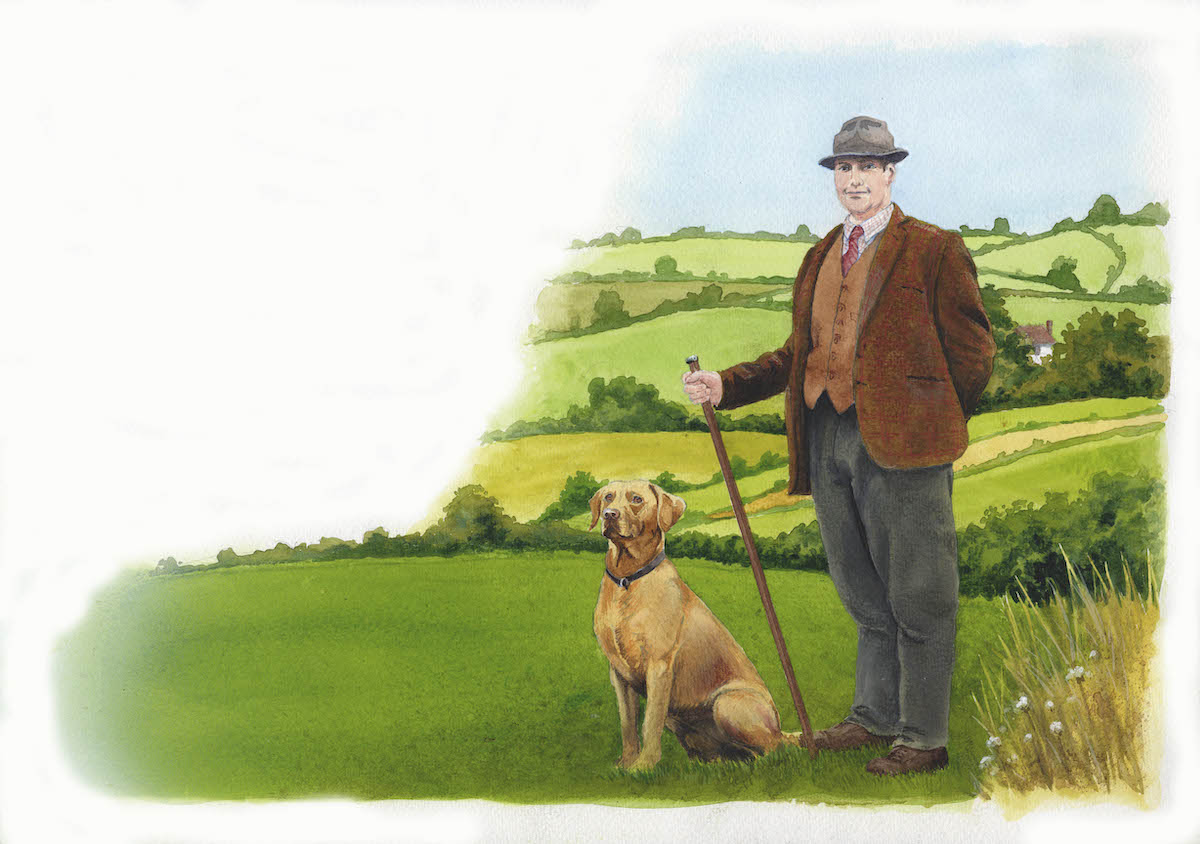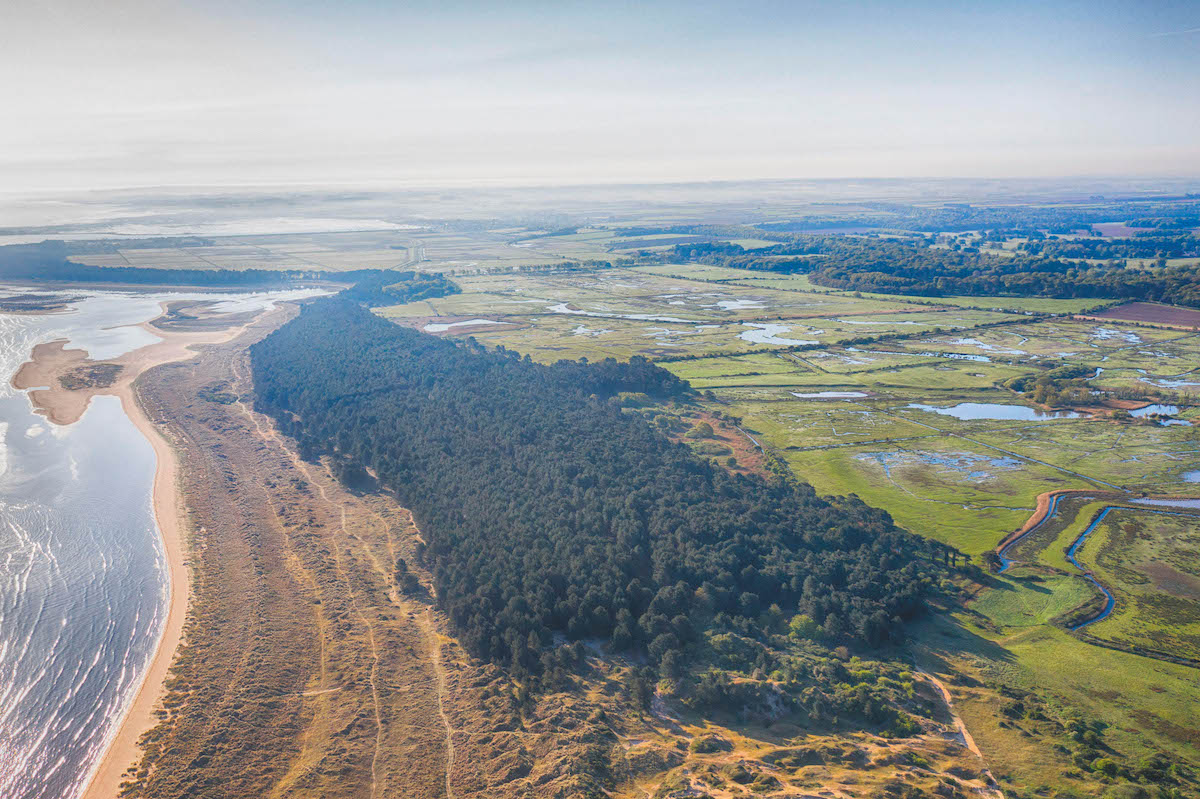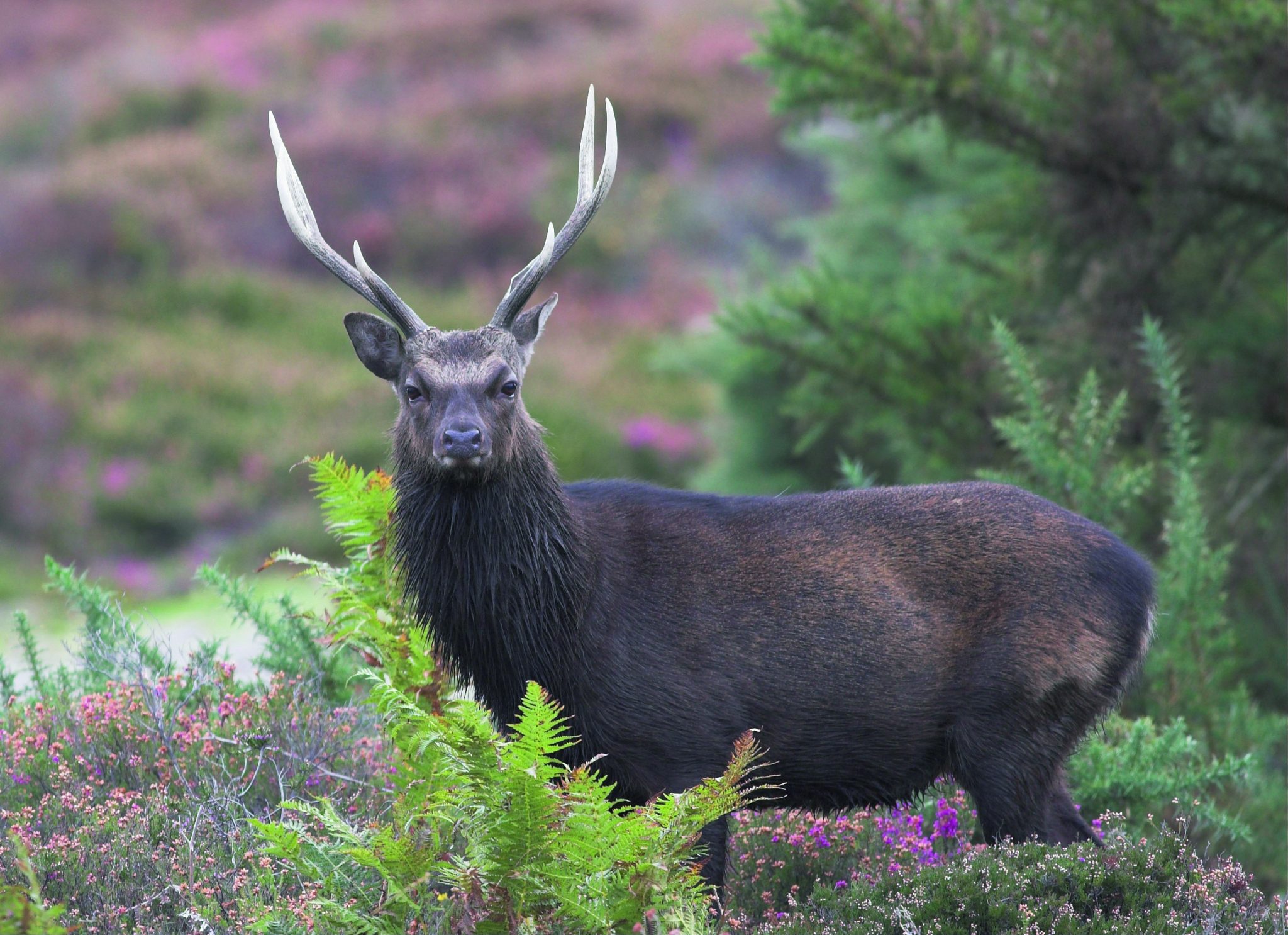News
The secret land agent – what it’s like to run one of the biggest estates
Would you like to speak to our readers? We offer sponsored articles and advertising to put you in front of our audience. Find out more. The Land agent
The Land agent
English country estates are a vital part of rural living, often founded centuries ago through service to the Crown, heroics in war or accumulation of vast wealth. Whatever their foundation, through the centuries estates have often been the glue that holds communities together, providing land to farm and houses to live in. Estates have required employment of many different types, from skilled trades and house staff to gardening and forestry.
Land agent – a role unique to estates
There are curators of fine art collections, accountants, bookkeepers, gamekeepers, riverkeepers, farm managers and building surveyors. All these jobs are skills, trades and professions that an estate must call on to survive, but they are jobs that are also found outside of the English estate, and ultimately an estate will continue to operate without any one of these functions.
Arguably, though, there is one role that is unique to estates — the land agent. We are the ones who sit at the centre of these bustling businesses, providing the first line of defence against the numerous problems estates face. We take the flak even when it’s not our fault and often don’t get credit when things go right. This is not a complaint, but an observation. There cannot be any complaint, because being a land agent for an estate is one of the most exciting and diverse jobs there is anywhere on the planet.
Jack of all trades
The term ‘jack of all trades’ applies to land agents, as we have to turn our hands to everything. Not only must we understand all the roles I have mentioned above, but also provide legal advice, tax advice and property advice. We have to understand visitor businesses, property development, woodland management, farm management, as well as conservation, the mechanics of game shooting and the management of building projects.
The more diverse estates will deploy their land agent on to filming contracts, events and festivals. Some will have to run golf clubs and racecourses, learn about quarrying and mining, manage hotels and pubs and, in some cases, football and cricket clubs.
Alongside all of these, we’ll be on parish councils one day and dealing with global businesses on sponsorship agreements the next. Being a land agent is truly diverse.

Land agents manage a wide variety of terrain and have to be prepared to take on all kinds of jobs
Aloof
Central to our roles, though, is the client who ultimately employs us, and those clients can come in numerous guises. First are the private clients, who own their estates individually or in trusts. They sometimes care deeply about their custodianship of the land but, at other times, can be aloof and distant.
The aristocracy can be quirky, so the land agent has to flex and bend like the ancient trees often found in the parklands of big houses, carefully carrying out the owner’s wishes without snookering the rest of the operation.
Second are the charities and trusts, run by a board of governors. They are often cumbersome in their administration, but managed for the benefit of the historic estate or the long-term preservation of the mansion house at its heart. These are insulated from the racehorse-buying playboy owners and can look long-term, decades and even centuries down the line.
Finally, there are the institutions, such as the National Trust, the Church and the Crown. Estates in these ownerships often find themselves pawns among the bigger ambitions of these national bodies. The mechanics of the individual estate bow to the priorities of the overall business.
No two estates are the same, and consequently no two land agent jobs are the same, but in this series I’ll try to give an insight into the little world I manage.
Related articles
News
PETA attacks royal couple for breeding cocker pups
The Prince and Princess of Wales have faced criticism from animal rights group PETA after they had a litter of puppies
By Time Well Spent
News
Farmers launch legal review against Reeves’s farm tax
Chancellor Rachel Reeves faces a judicial review over inheritance tax reforms that could force family farms out of business
By Time Well Spent
Manage Consent
To provide the best experiences, we use technologies like cookies to store and/or access device information. Consenting to these technologies will allow us to process data such as browsing behavior or unique IDs on this site. Not consenting or withdrawing consent, may adversely affect certain features and functions.
Functional Always active
The technical storage or access is strictly necessary for the legitimate purpose of enabling the use of a specific service explicitly requested by the subscriber or user, or for the sole purpose of carrying out the transmission of a communication over an electronic communications network.
Preferences
The technical storage or access is necessary for the legitimate purpose of storing preferences that are not requested by the subscriber or user.
Statistics
The technical storage or access that is used exclusively for statistical purposes.
The technical storage or access that is used exclusively for anonymous statistical purposes. Without a subpoena, voluntary compliance on the part of your Internet Service Provider, or additional records from a third party, information stored or retrieved for this purpose alone cannot usually be used to identify you.
Marketing
The technical storage or access is required to create user profiles to send advertising, or to track the user on a website or across several websites for similar marketing purposes.





